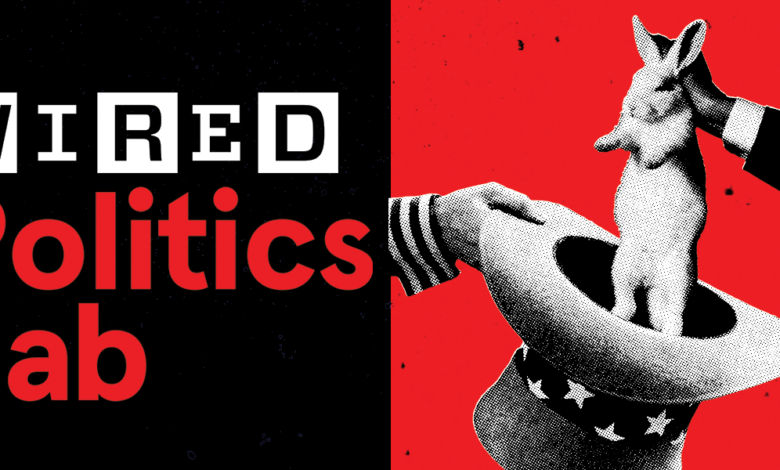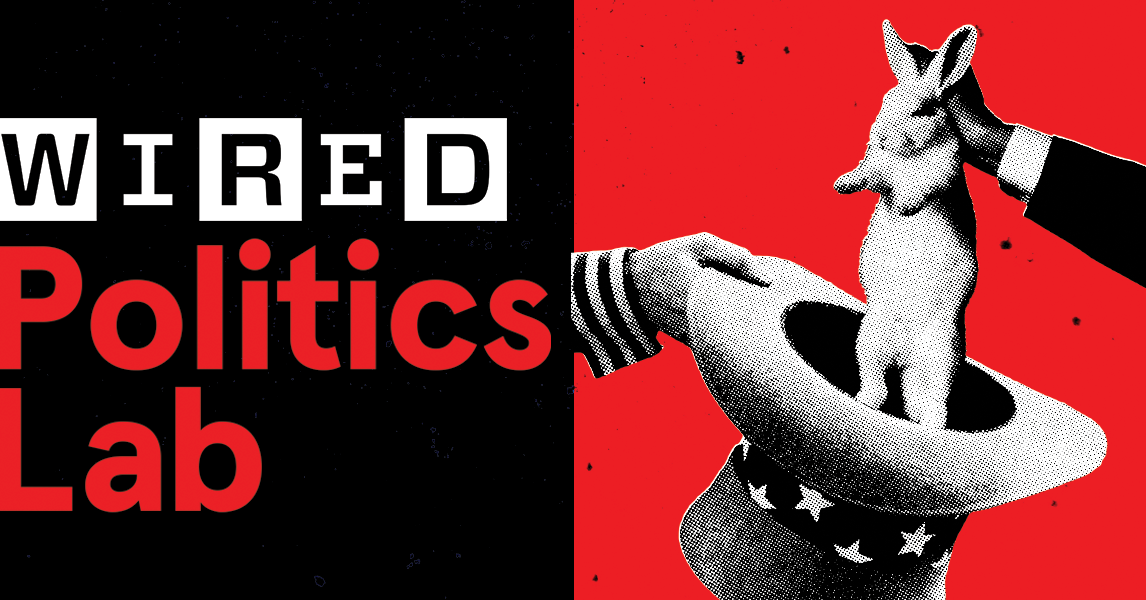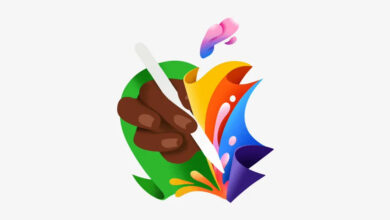A Topsy-Turvy Online Election | WIRED


Hey, everyone! Welcome to the first edition of the WIRED Politics Lab newsletter. I’m Makena Kelly, a senior politics writer at WIRED, and I’m so glad you’re here.
After the 2020 US election, the rhetoric of the internet spilled out into the real world with violent consequences. In the years since, those drumbeats have only grown louder, the misinformation more bleak, the conspiracies more unhinged, the technology more enabling. It’s a dizzying backdrop already—and it’s only March. I’m here to help you understand not only what’s happening out there now, but what comes next.
Politics has never been stranger—or more online. WIRED Politics Lab is your guide through the vortex of extremism, conspiracies, and disinformation.
The State of the Internet
The web is hardly recognizable compared with four years ago. Companies like Meta have all but given up on news and political content after being grilled by Congress over disinformation and alleged censorship more times than I can remember. Elon Musk bought Twitter, now X, laid off most of the site’s trust and safety teams, and turned the platform into a wasteland of conspiracies and disinformation. On top of all that, AI-generated robocalls and spam are filling up voicemail inboxes and news feeds, challenging regulators and social networks like never before. And TikTok has grown into a powerful cultural and political force that even the Biden campaign team has joined, despite the national security risks some intelligence officials and lawmakers have suggested in the past.
Campaigns have had to adapt: “I think the fact that the internet has become more personalized in the last four years just means we need to play the game a little bit differently and try a bunch of new things,” Rob Flaherty, deputy campaign manager for the Biden reelection campaign, told me about its decision to join TikTok. Long-shot candidate RFK Jr. has leaned on podcasts, like The Joe Rogan Experience, and influencers on Instagram and TikTok to get his message out to voters.
Still, everyone heard the news last week: The House passed a bill that would force Bytedance, TikTok’s China-based owner, to sell off the app or have it banned in the US. Which makes it a little wild that campaigns are going all-in on a platform that might not exist, and that their own colleagues are trying to destroy.
While TikTok may face an untimely end, other platforms are getting resurrected. My colleague William Turton and I reported on Wednesday that Parler, one of the first censorship-free social media alternatives to Facebook and Twitter, is preparing to relaunch after being offline for nearly a year after it was purchased by a right-leaning marketing firm. Just this week, Parler returned to iOS and is expecting to be approved for the Google Play Store later in the week.
Source link




